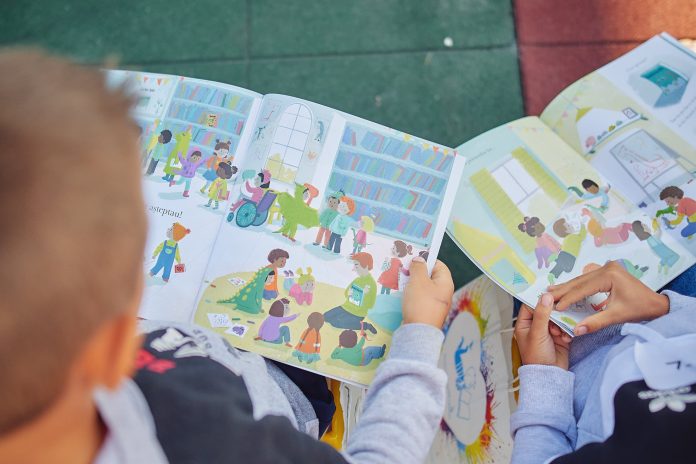More than half of the children from disadvantaged communities say that teachers ask them for money for the class fund to buy various materials, reveals a survey conducted by World Vision Romania, which recalls that the Education Law and the Constitution stipulate that access to education is free and compulsory, according to Agerpres.
A third of the children maintain that, in their class, teachers discriminate against students based on intellectual ability, physical appearance, religion, clothing or disability, while 45pct say that they have colleagues who discriminate against other classmates.
The World Vision Romania Foundation announces, in a press release sent to AGERPRES on Friday, the start of the „Village Authorities” campaign, through which it encourages politicians and other representatives of the state authorities to go to vulnerable communities, the decision-makers thus being able to directly identify the needs of students and then promote measures to protect the rights of all children.
The campaign is launched in the context of November 20, the International Day of Children’s Rights.
The first visit is paid on Friday by Minister Ligia Deca, together with Cristina Cuculas, Secretary General of the National Authority for the Protection of the Rights of the Children, Catalina Galer, State Counselor within the Presidential Administration, MEP Dragos Pislaru, Bucharest Sub-Prefect Jean Badea, School Inspector for permanent and extracurricular activities from Ialomita County, Gica Dinu, and the Inspector for institutional management in Ialomita, Ileana Buzea.
The officials will visit a school and a high school in two disadvantaged communities in Ialomita county, where World Vision Romania implements the „Bread and Tomorrow” and „I want to enter 9th grade” programmes, respectively, which aim to increase the level of children’s well-being and reduce school dropout.
According to the survey carried out by World Vision, 52pct of pupils claim that they or their peers have been kicked out of class by teachers as punishment for behaviour that pedagogues perceived as disturbing or deviant, and 6 out of 10 children (59pct) say that they do not receive low grades as punishment.
The research also reveals that 70pct of the children say that the teachers ask them to bring money from home for coursebooks and other special workbooks, and 51pct say that they are also asked for money for the class fund to buy materials for the lessons – paper reams and sponge markers, chalk.
More than four out of ten (43pct) of the respondents indicated that they were not consulted by teachers, not even once, regarding teaching and assessment in the classroom last year, while 28pct said that they were only asked once for their feedback in the last school year.
„The rights of the children, stipulated in the UN Convention on the Rights of the Child and other international agreements, as well as in the national legislation, are violated day by day among children in Romania, the situation being all the more serious in vulnerable communities,” the World Vision press release states Romania.
According to the survey carried out by the World Vision Romania Children’s Consultative Council among 659 secondary and high school students, most of them from rural areas or small towns, one in five children, or 21pct, say that they spend daily, on average, between three and four hours for homework and other learning activities outside the school programme, while one in ten teenagers (14pct) spends even more than four hours on homework.
Agerpres




